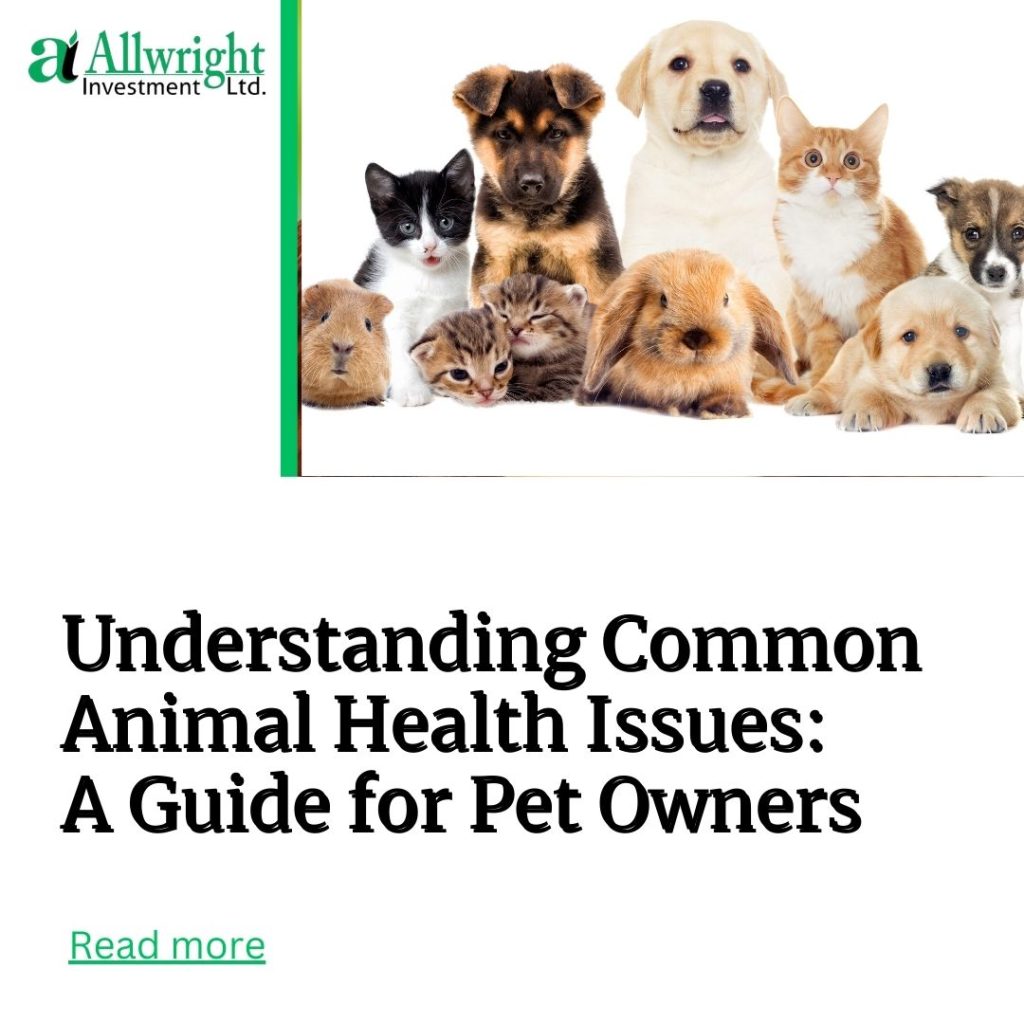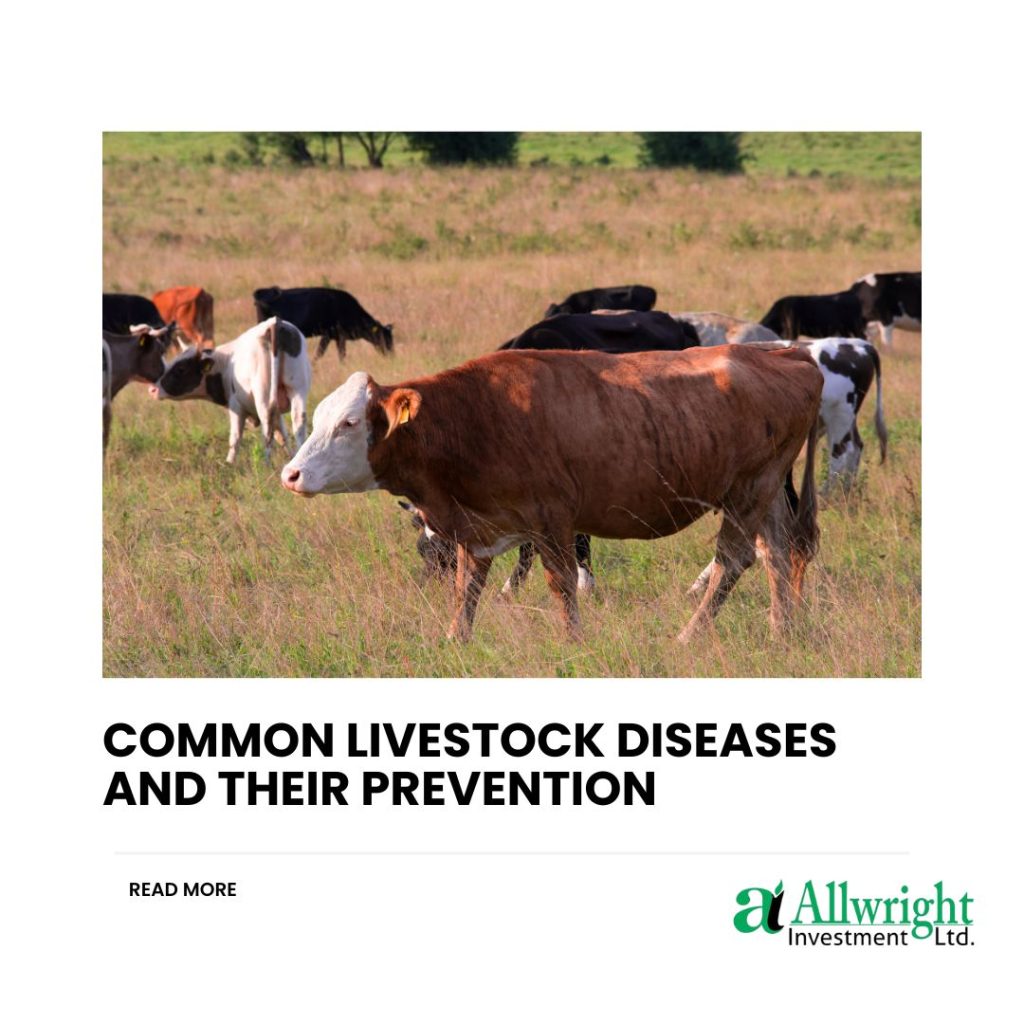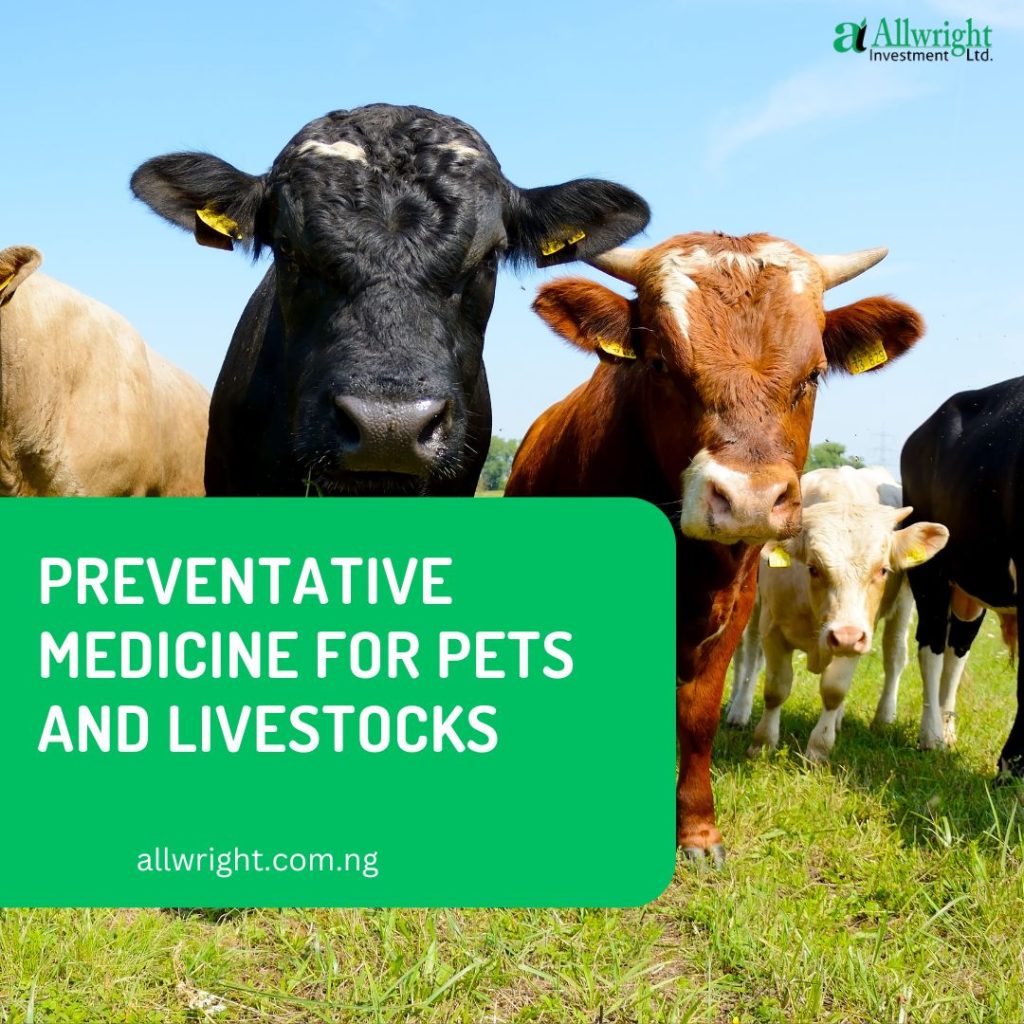Exploring Common Pet Health Concerns: Essential Advice for Pet Owners
As a pet owner, ensuring the well-being of your furry companion is a top priority. From routine check-ups to emergency care, staying informed about common animal health issues is essential for providing the best possible care.
Let's take a look at some of the most prevalent health concerns affecting pets and offer valuable tips to help you keep your beloved companions happy and healthy.
- Obesity in Pets: Just like humans, pets can struggle with weight issues. Obesity not only affects their quality of life but also predisposes them to various health problems such as diabetes, arthritis, and heart disease. Maintain a healthy weight for your pet through proper diet and regular exercise.
- Dental Health: Dental problems are common among pets, yet often overlooked. Poor oral hygiene can lead to gum disease, tooth decay, and even systemic health issues. Discover effective ways to promote dental health in your pet, including regular brushing, dental treats, and professional cleanings.
- Flea and Tick Infestations: These parasites not only cause discomfort but can also transmit diseases to your pet. Learn how to prevent flea and tick infestations through topical treatments, oral medications, and environmental control measures.
- Skin Conditions: Allergies, infections, and parasites can all contribute to skin problems in pets. Recognizing the signs of skin issues and addressing them promptly is crucial for your pet's comfort and well-being.
- Nutritional Needs: Providing a balanced diet is vital for maintaining your pet's overall health. Understand the nutritional requirements of your pet based on their species, age, and specific health needs. Know how to choose the right pet food and avoid common feeding pitfalls.
- Behavioral Health: Mental well-being is just as important as physical health for pets. Behavioral issues such as anxiety, aggression, and compulsive behaviors can impact their quality of life. Discover strategies for addressing behavioral problems and promoting positive mental health in your pet.
- Preventive Care: Regular veterinary visits and vaccinations are key components of preventive care for pets. Stay up-to-date with your pet's vaccinations and schedule routine wellness exams to catch any health issues early.
- Emergency Preparedness: Accidents and emergencies can happen when least expected. Be prepared for unexpected situations by assembling a pet first aid kit, knowing how to perform basic first aid, and having a plan in place for emergencies.
By arming yourself with knowledge and implementing best practices for pet care, you can help ensure a long, happy, and healthy life for your furry friend. Remember, being a responsible pet owner involves not only providing love and companionship but also taking proactive steps to safeguard your pet's health and well-being.
Invest in Allwright Veterinary Products!



